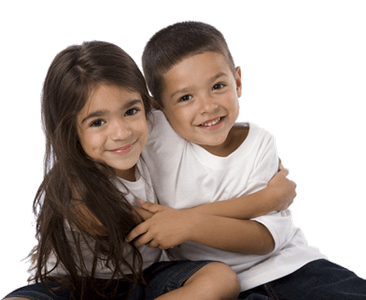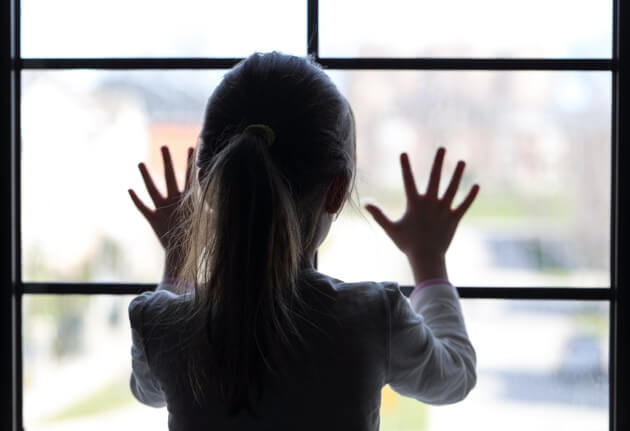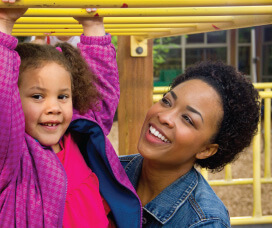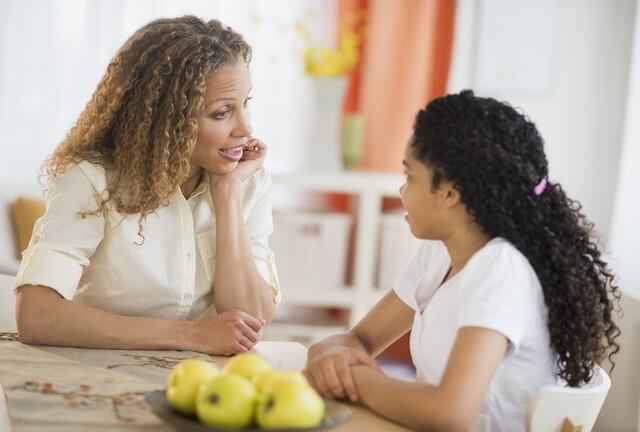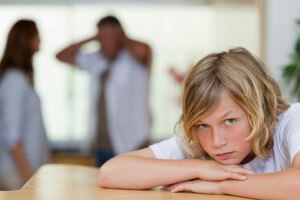6 Ways To Boost Connection To Your Kids ...
By Rosalind Sedacca, CDC Divorce is often a time for disconnect. It’s not uncommon for you to feel alone, rejected and insecure in the months following your divorce. So can your children. It is important for you to strengthen your bond with your children during this time of transition – whether you are living with them or apart. Children want to know they are still loved, valued and cared about. Show them, tell them and keep in close communication with them. This is equally important during the happy times and the sad ones. They need to know they have a safe place to turn, a shoulder to cry on and a non-judgmental ear when they need it. This is true even if you are not physically together. If divorce has been tough on you – remember it’s even tougher on them – whether they confide that to you or not.





